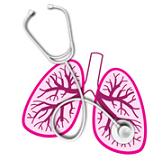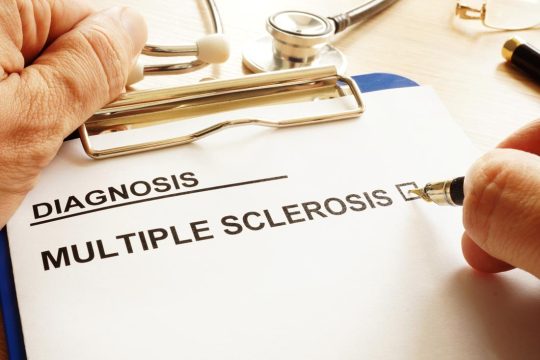Advertisment
Patients with active asthma at higher risk for heart attack

Patients with active asthma — such as any use of asthma medications, and unscheduled office or emergency visits for asthma — are at a twofold risk of having a heart attack.
Researchers compared 543 patients who had heart attacks with 543 non-heart attack patients of the same age and gender. These patients were treated at health care facilities in Rochester, Minnesota, between 2002 and 2006. The average age of patients was 67 years old, and 44 percent were women. Within the heart attack patient group, 81 patients had asthma, 44 of those with active asthma.
After controlling for traditional heart attack risk factors such as age, obesity, high blood pressure, smoking, diabetes and high cholesterol, a history of coronary heart disease, and conditions such as chronic obstructive pulmonary disease, results showed that patients with inactive asthma were not at an increased risk of heart attack, but those with active asthma were at a 70 percent risk, says Young Juhn, M.D., senior author and Mayo Clinic pediatric and adolescent physician and clinical epidemiologist.
Patients with active asthma and a history of symptoms such as chest discomfort or shortness of breath should be evaluated for potential heart disease, says Duk Won Bang, M.D., Ph.D., first author and a former Mayo Clinic research fellow. Dr. Bang is now a cardiologist at Soonchunhyang University, Seoul, South Korea. Physicians should educate their asthma patients about the need to control asthma symptoms and use medications properly to prevent a heart attack, Dr. Bang says.
“Lifesaving medications for acute heart attack and asthma attack are different; treatment for one potentially can make conditions worse or life-threatening for the other,” Dr. Juhn says. “Asthma patients need to be aware of this potential issue and should have a care plan for symptoms for asthma or heart attack.
“Our study shows use of asthma medications to control asthma may not seem to be related to the risk of heart attack, so clinicians should make an effort to better control asthma of patients with active asthma using therapeutic and preventive interventions,” Dr. Juhn says.





